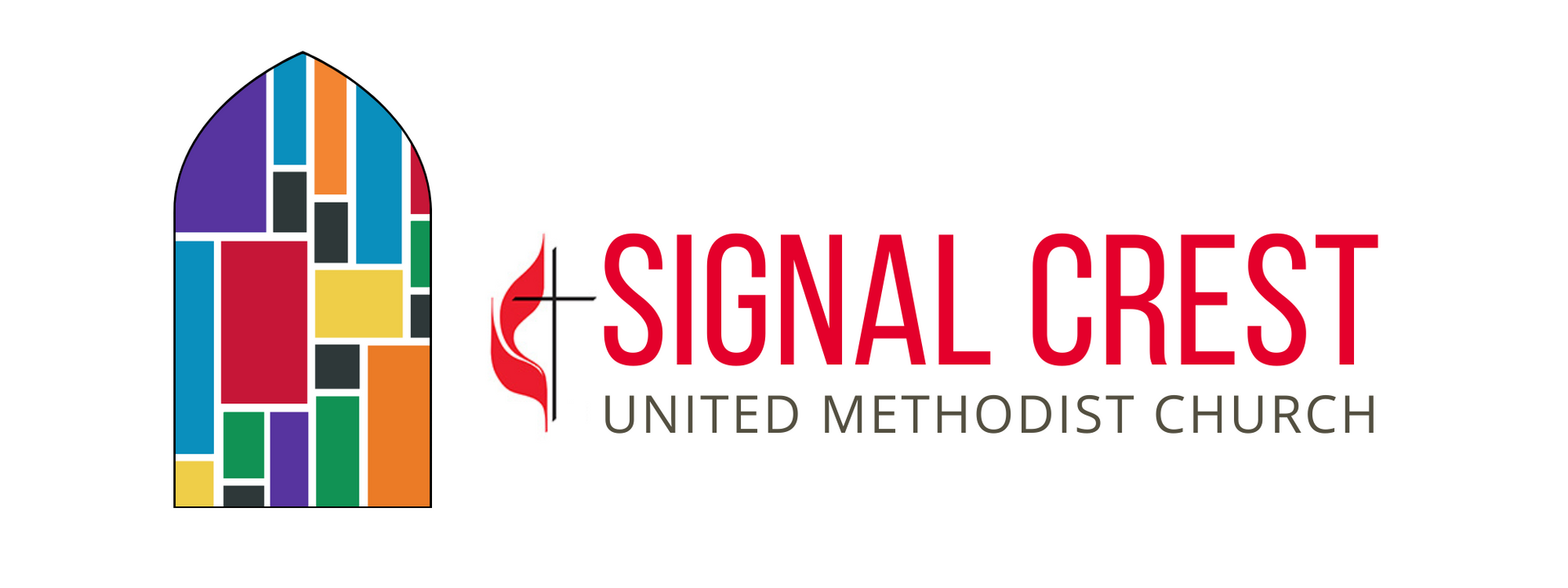Author name
Midweek Message

One hundred years ago this week, on July 10, 1925, the nation’s attention was drawn to
a legal drama just up the road from us in the small town of Dayton, Tennessee. It was
the so-called “Scopes Monkey Trial.” John T. Scopes was a young high school teacher
who was charged with violating the state’s Butler Act, which essentially prohibited the
teaching of the theory of evolution.
Major national figures were involved in the trial. William Jennings Bryan, a three-time
Democratic presidential nominee, former Secretary of State, and outspoken opponent of
evolutionary teaching, prosecuted the case; Clarence Darrow, the “Matlock” of his day,
served as the defense attorney. It was a major media event; over 200 national reporters
came to town to cover the case. In the end, Scopes was convicted and the Butler Act
was upheld, but religious fundamentalism suffered a humiliation that it has spent the last
century recovering from and rising to new life in various contemporary movements.
I first became acquainted with the Scopes trial when I was in college and was given a
big part in the 1955 play Inherit the Wind that was based on this story. As the local feed
store clerk and hot dog salesman, I provided the comic relief! But the experience
indelibly introduced in my mind the question of the relationship between religion and
science. This is a question our culture is still trying to sort out.
It seems that many in our society want to frame the relationship as one of conflict.
Religion and science can’t both be true, the story goes; it’s got to be either one or the
other. But I don’t see it that way. I think they can both be true, in their own ways. They
each address different kinds of questions. Science asks when and how questions;
religion asks who and why. Evolution may say how and when the world was created;
but revelation says who created it and why. And we need both science and religion; we
have much to learn from both. And I worry that, just like we ignore matters of religious
faith at our own ultimately eternal peril, so too do we ignore matters of scientific
research at our own earthly peril.
One of the scriptures that helps me keep things in their proper perspective is Psalm 8,
which asks that great question: “When I look at your heavens, the work of your fingers,
the moon and the stars that you have established; what are human beings that you are
mindful of them, mortals that you care for them? Yet you have made them a little lower
than God, and crowned them with glory and honor” (Psalm 8:3-5). How simultaneously
humbling and uplifting!
The psalm both begins and ends with the same acclamation of praise to God: “O Lord,
our Sovereign, how majestic is your name in all the earth!” (Psalm 8:1, 9). How majestic
indeed!

